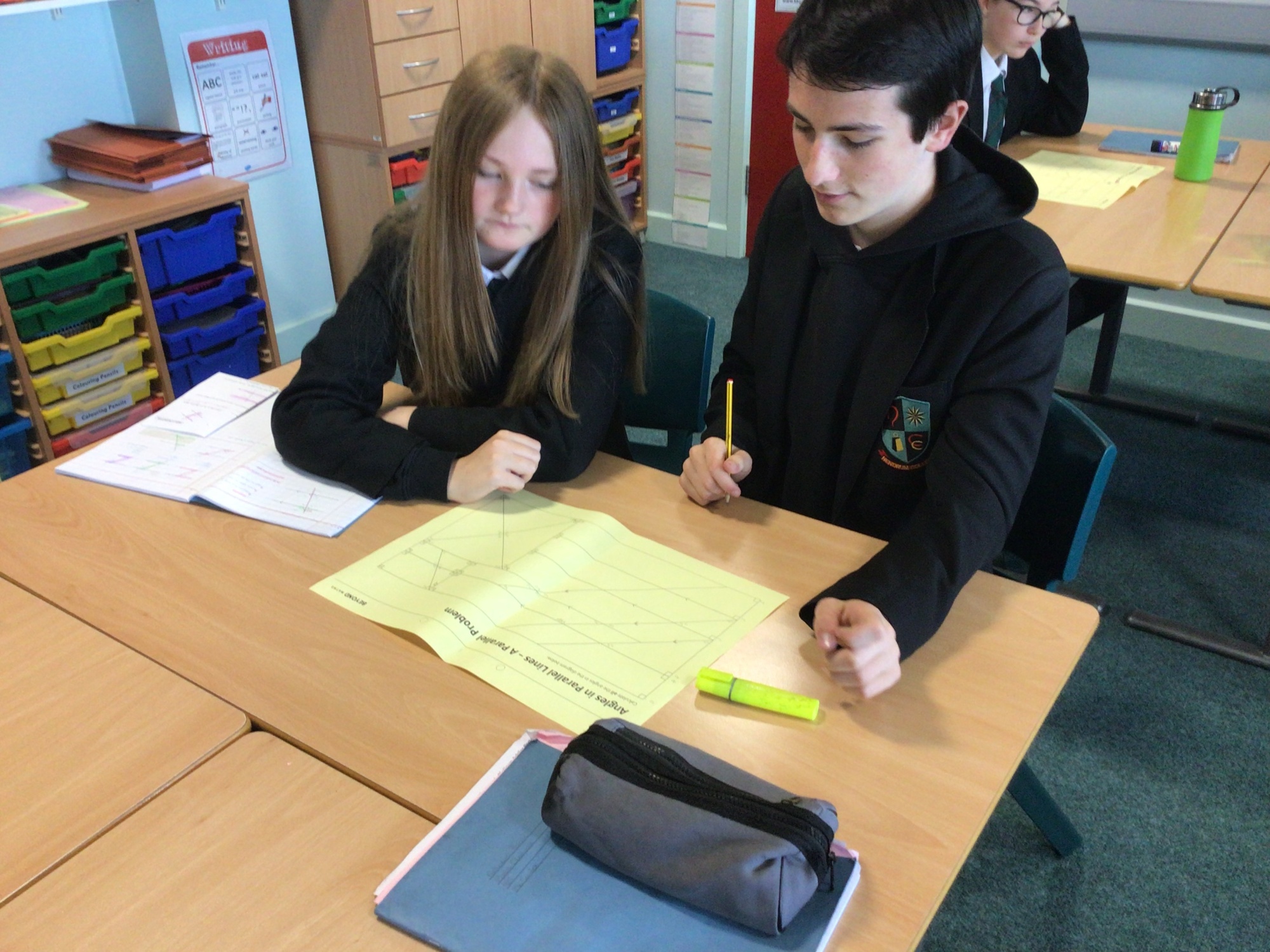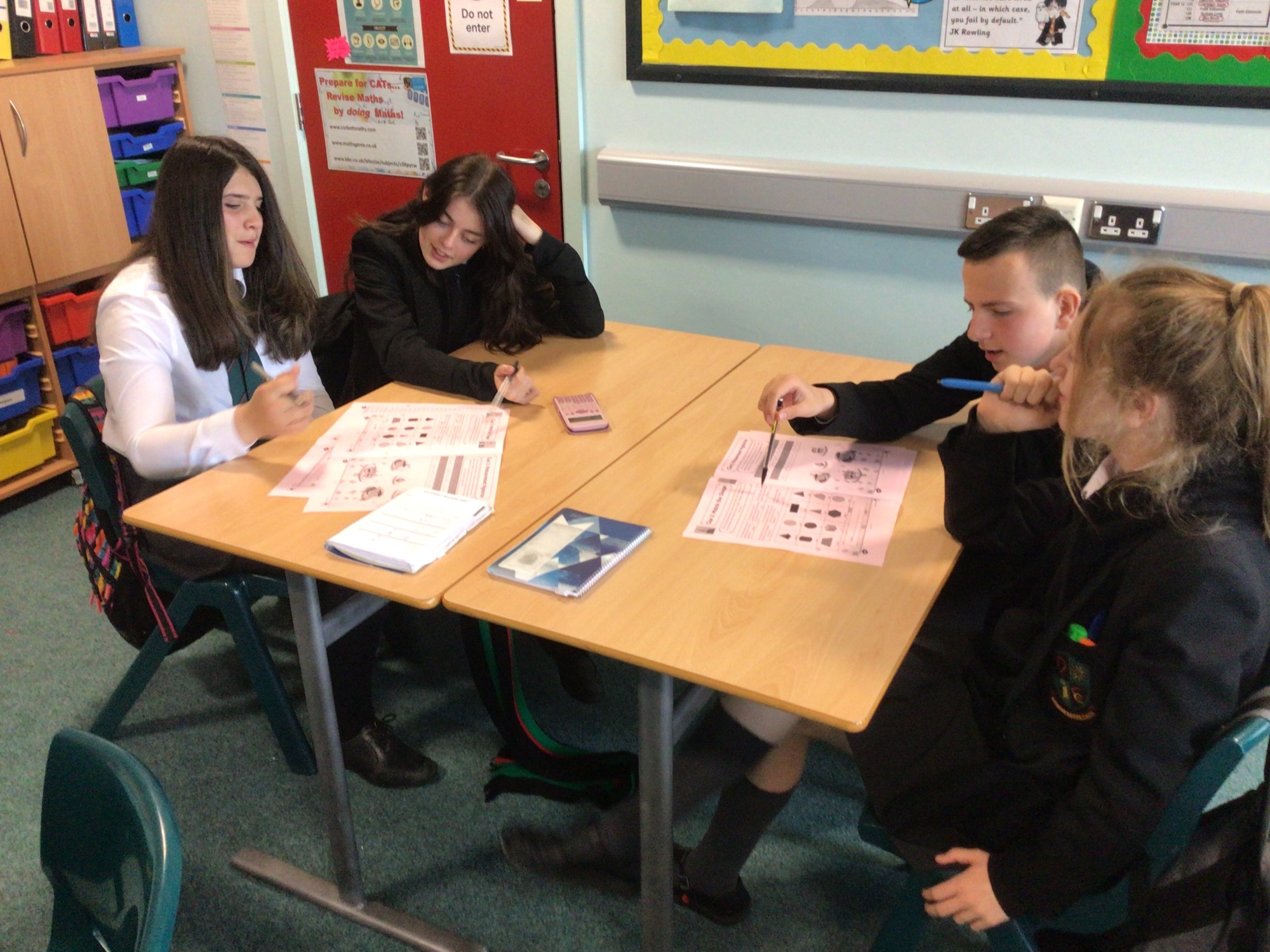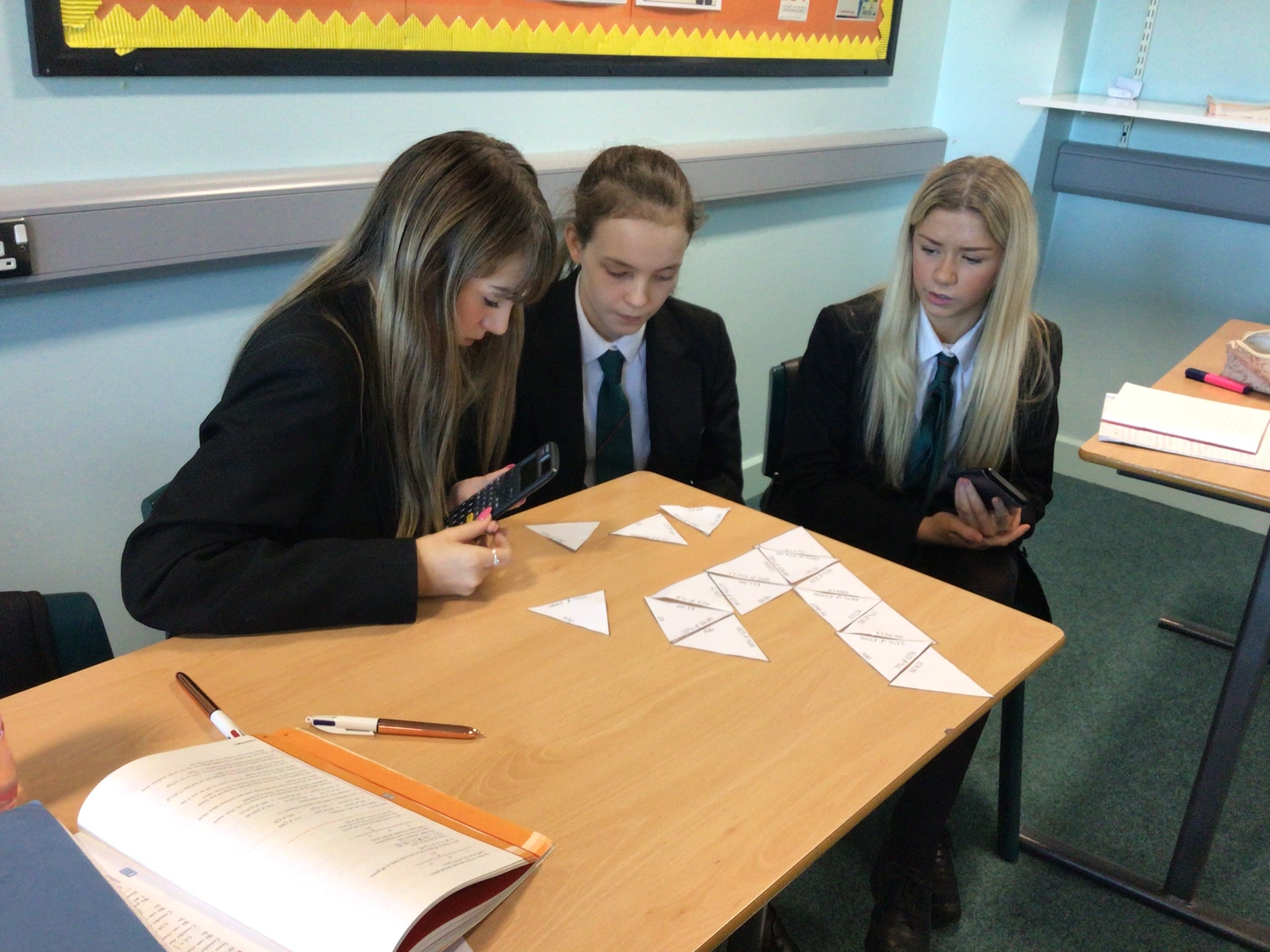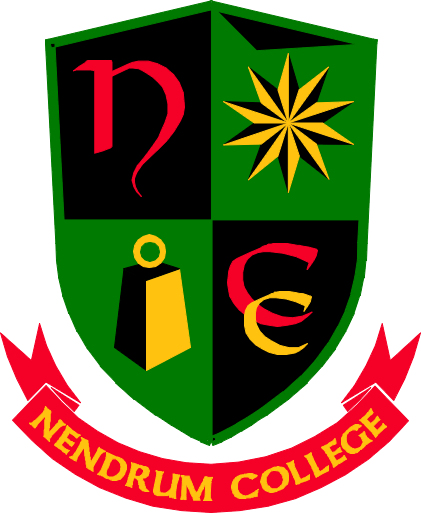Mathematics
Department Staff
Mr S Cowden, BSc(Hons) MEd LCGI PGCE PGDH MCCT (Head of Mathematics and Numeracy)
Mrs F Jess, BSc(Hons) PGCE
Mr S McKeag, BEd(Hons)
Mr M McKee, BSc(Hons) PGCE
Mrs K Ramsden, BSc(Hons) MSc PGCE
Mrs M McDermott



Mathematics at Nendrum College
In Nendrum College, all junior school students follow the KS3 Northern Ireland Curriculum Programme of Study. Department members use a range of teaching pedagogy to deliver the following key areas:
- Number
- Algebra
- Shape, Space and Measure
- Handling Data
- Using and Applying Mathematics in Financial Contexts
We teach Mathematics because it is an enjoyable intellectual activity and because it makes a major contribution to other subjects. Pupils need to see the use of Mathematics in everyday life such as managing budgets, DIY tasks, understanding statistical and graphical data and many other aspects of life in the home or in adulthood. Mathematics can also contribute significantly to the development of pupils’ general skills and qualities such as communication, reasoning, problem solving, perseverance and creativity. It is a vehicle for development of general skills and personal qualities.

Homework is set on a weekly basis at intervals directed by the College Homework Timetable. Attainment is continually assessed through end of unit tests, Common Assessment Tasks (CATs) and formal examinations at Christmas and summer.
We believe that all students learn in different ways, at different paces and have different strengths and weakness. As a Department, we strive to create a learning environment which challenges and supports all our pupils. We will do this by providing opportunities for pupils to:
• Enjoy learning maths
• Experience a variety of learning activities
• Talk about/explain the maths they are learning
• Work with others in pair and group tasks
• Learn maths concepts in contexts relevant to their experience
• Transfer their learning in different contexts
• Develop their thinking skills and personal capabilities (TSPCs)
• Become actively involved in and take responsibility for their own learning
• Experience success; and
• Learn how to reflect on and assess their own learning.
Numeracy Ninjas
 Numeracy Ninjas is a numeracy intervention programme designed to fill gaps in students’ basic mental calculation strategies and also to empower them with the numeracy skills and fluency required to fully access GCSE Maths concepts when they move to Key Stage 4 study. We use this programme with pupils in Year 8 and Year 9.
Numeracy Ninjas is a numeracy intervention programme designed to fill gaps in students’ basic mental calculation strategies and also to empower them with the numeracy skills and fluency required to fully access GCSE Maths concepts when they move to Key Stage 4 study. We use this programme with pupils in Year 8 and Year 9.
Furthermore, through the incorporation of Science of Learning principles such as retrieval practice, spacing and interleaving, we want to ensure students’ learning is retained over time and transferrable to many different contexts.
Students complete a quiz each week with 10 mental maths calculations, 10 timetables and 10 key skills questions, to attain a ninja belt colour and strieve to continually improve their attainment and rise through the coloured belts to reach the ultimate black belt.  Prizes are awarded each hald term to our Grand Master Ninjas who are selected and rewards for significant improvement.
Prizes are awarded each hald term to our Grand Master Ninjas who are selected and rewards for significant improvement.
Parents can find additional support materials to complement the programme HERE.
GCSE
Pupils will be entered for the CCEA GCSE Examination at an appropriate level depending on the ability they have demonstrated throughout the two year course. Tiers of entry are decided on an individual basis so ensure success for every student. The GCSE Mathematics course consists of two external examinations: a module exam (45%) and a final examination worth (55%). Pupils will sit the module exam in June of Year 11 and the final completion examination at the end of Year 12. There is no controlled assessment for GCSE Mathematics. Often many Year 12 students take up the opportunity to attempt a higher module in the January of Year 12.
Each year we celebrate the outstanding performance of our pupils as they achieve an A*-B and A*-C pass rate higher than the NI average for non-grammar schools in GCSE Mathematics. A number of students also continue their studies in A'Level Mathematics at local grammar schools.
Some students take up the opportunity to also complete OCN NI Essential Skills in Application of Number (at either Level 1 or Level 2). This is completed in Year 12 after discussion with the class teacher and Head of Department.


Resources to further support and guide GCSE students with independent study and revision at home can be found by following the link below. As always, if parents or students need any advice with this, they should contact their Maths teacher in the first instance. Students should use their Learning Checklist booklets (stuck in the front of their Maths notebooks) to check off areas of the GCSE specification they are confident in and to identify areas for improvement. Students should watch the tutorial/instructional videos on the following two websites and complete the practice exam questions that accompany them. Full worked solutions are also available on the websites.
The following revision resources are also very useful and can be purchased online (pictures are links to Amazon although they may be available from other retailers).









